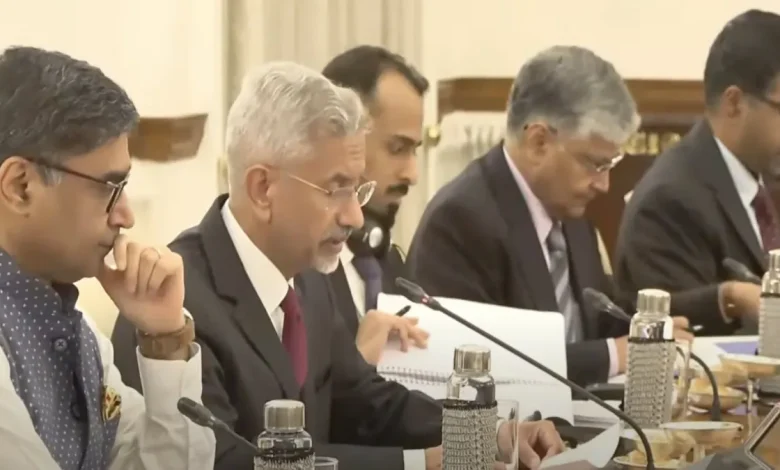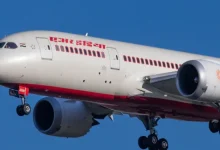
New Delhi – China’s Foreign Minister Wang Yi commenced a significant two-day diplomatic mission to India’s capital on Monday, engaging in crucial discussions with his Indian counterpart, External Affairs Minister S Jaishankar, as both nations seek to strengthen bilateral ties amid ongoing border tensions.
The senior Chinese official, who also serves as a member of the Communist Party of China’s Politburo, accepted an invitation from India’s National Security Advisor Ajit Doval for this high-profile visit. The timing appears strategically chosen, coming just ahead of Prime Minister Narendra Modi’s anticipated trip to China for the Shanghai Cooperation Organisation summit in Tianjin, scheduled for August 31 to September 1.
Strategic Dialogue Framework Takes Center Stage
Ministry of External Affairs spokesperson Randhir Jaiswal emphasized the significance of the visit, highlighting that substantial discussions will focus on the India-China Special Representatives mechanism and broader diplomatic relations between the two Asian powers.
“Welcome to FM Mr. Wang Yi of China as he arrives in New Delhi on an official visit. Important engagements of the India-China Special Representatives and on bilateral relations over the next two days,” Jaiswal announced via social media platform X.
The visit sets the stage for the upcoming 24th round of Special Representatives talks on the Boundary Question, a long-standing diplomatic framework designed to address the complex border disputes between the world’s two most populous nations.
Beijing Signals Commitment to Diplomatic Progress
China has positioned Wang Yi’s Delhi visit as a pivotal opportunity to advance bilateral cooperation and address contentious issues through dialogue. Chinese Foreign Ministry spokesperson Mao Ning outlined Beijing’s expectations, emphasizing a comprehensive approach to relationship management.
“China is willing to take the opportunity of the visit to India to work together with the Indian side in implementing the important consensus reached by the leaders of the two countries, maintain the momentum of high-level exchanges, enhance political mutual trust, strengthen practical cooperation, properly manage differences, and promote the sustained, healthy, and stable development of China-India relations,” Mao Ning stated when questioned about China’s objectives for the diplomatic engagement.
This visit represents a continuation of high-level diplomatic exchanges between the two nations as they navigate complex geopolitical challenges while seeking areas of mutual cooperation and understanding.




